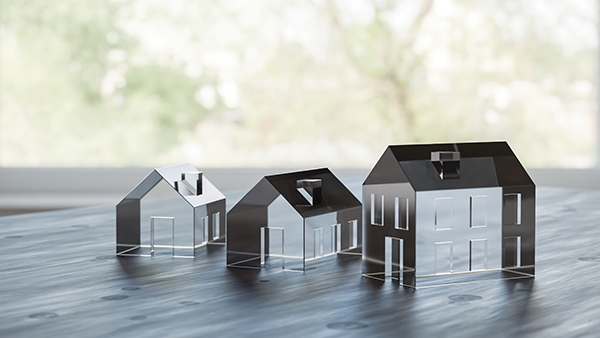Profitable single-family rental properties take many different forms from simple, affordable homes, to high-end properties that allow you to charge an equally high-end rental rate. But profitability in rental homes has less to do with the price of the property itself and far more to do with how high your net profit is. At some point, most investors entertain the idea of trading up a small rental home for something bigger and nicer, but is it worth it? Before deciding to trade up your rental properties, it is important to first be sure you aren’t killing your profits in the process.
One of the biggest mistakes investors make when trading up a rental property is assuming that a more expensive property will automatically be a better value. Such an assumption is often based on the concept of appreciation. As this line of reasoning goes, the more expensive a rental property is, the more it will appreciate, thus offering a higher return in the end. It sounds reasonable, and it might even be true in some cases. The problem is that basing a decision to trade up a rental property entirely on hopes of future increases in property values leaves several important aspects out of the equation.
For example, the costs required to sell your current rental property can take a big chunk out of your expected profits. Real estate fees, lender fees, and the cost of preparing the property for sale can add up quickly. On the other hand, buying a property is much the same, with long lists of associated costs that have nothing to do with the mortgage payment. On top of the higher loan payment a more expensive property will require, you can expect higher property taxes, more expensive insurance premiums, and higher maintenance costs, especially if the new property is significantly larger or has high-end finishes and landscaping. High-end properties often also require security systems, community maintenance or association dues, and can have higher utility bills.
Trading up a rental property can also have a significant impact on your cash flows. While a more expensive property may appreciate at a higher rate than a less expensive one, in the meantime, a lot of your cash will be tied up in mortgage payments and other fixed costs. This is true whether the market goes up or down, and no matter how much rental rates may fluctuate. A more expensive property will also typically produce a high gross income. But all your costs will also increase. You may expect the rental income to cover your increased costs, but if something does not quite go according to plan, you could rapidly find yourself in serious financial trouble.
When taken together, all these aspects point to the importance of including all the costs of trading up your rental property into your profit calculations. It is the net profit, not gross income, that should guide your decision of whether to trade up or not. In the end, you may find that despite the increases in rental income and property values, a more expensive property simply is not as profitable as the ones you already own. If, however, trading up does make sense, do so wisely.























0 Comments